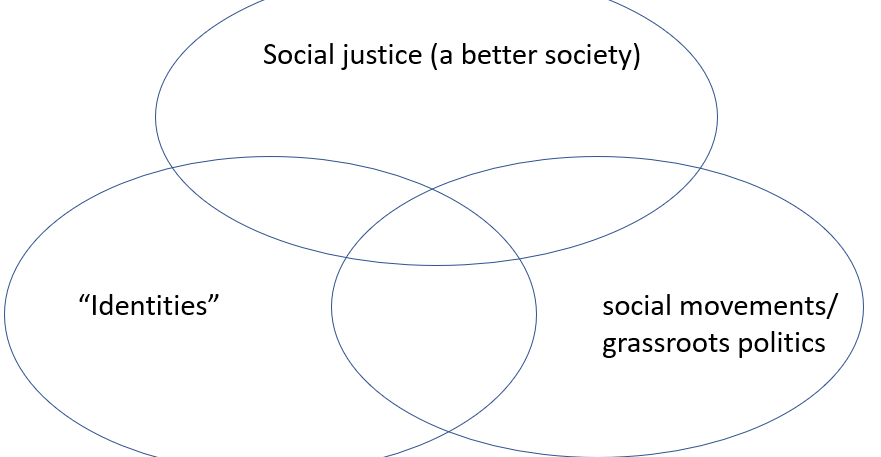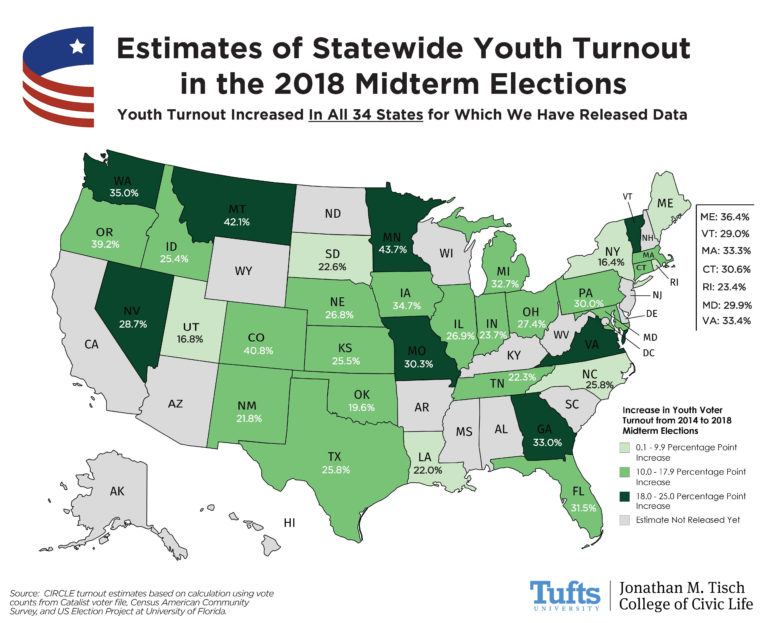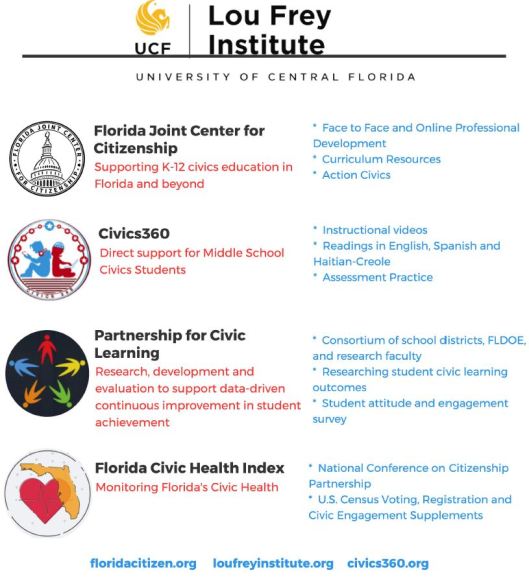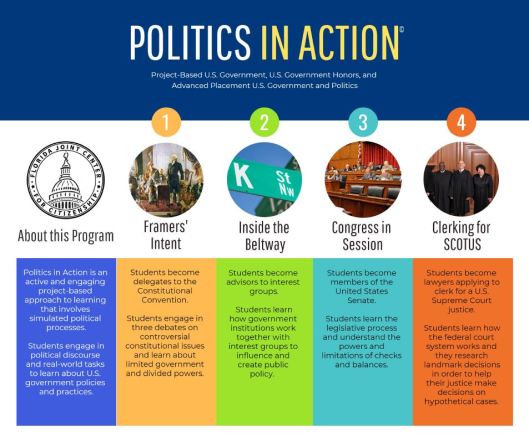Save the date! Yesterday, we announced our April TechTuesday featuring Ethelo for April 23rd at 11 am Pacific, 2 pm Eastern. Register for this free call and learn more about this digital platform which works to create better outcomes through participatory decision making and helps stakeholders work through complex issues.
This week’s roundup features webinars from NCDD member orgs MetroQuest, National Issues Forums Institute, Bridge Alliance, and Living Room Conversations; and a reminder to consider hosting or joining one of the many events happening during the National Week of Conversation, happening this Friday, April 5th -13th. We also have online events from Campus Compact, International Associate for Public Participation, and International Association of Facilitators.
NCDD’s online D&D event roundup is a weekly compilation of the upcoming events happening in the digital world related to dialogue, deliberation, civic tech, engagement work, and more! Do you have a webinar or other digital event coming up that you’d like to share with the NCDD network? Please let us know in the comments section below or by emailing me at keiva[at]ncdd[dot]org, because we’d love to add it to the list!
Online D&D Events: Campus Compact, Nat’l Week of Conversations, IAP2, MetroQuest, NIFI, IAF, Bridge Alliance, LRC, & April NCDD Tech Tuesday featuring Ethelo
Campus Compact webinar – Integrating Civic Outcomes Across a Major or Program: Curriculum design and mapping for civic learning
 Thursday, April 4th
Thursday, April 4th
12 pm Pacific, 3 pm Eastern
In this webinar attendees will focus on identifying, articulating, and mapping civic learning and developmental outcomes (civic identity, civic-mindedness, civic agency, civic literacy, intercultural competency, etc.) for their program of study or major. A curriculum map is a tool to assure the content of a program of study or major is being presented and assessed, all content is linked to learning goals (e.g. institutional, accreditor), and that content is sufficient to reach learning and developmental goals. A curriculum mapping exercise can show gaps in learning, overlaps in content, and indicate where weaknesses or opportunities can and should be addressed.
REGISTER: https://compact.org/event/integrating-civic-outcomes-across-major-program-curriculum-design-mapping-civic-learning/
National Week of Conversation Happening April 5th-13th
 NWOC is a bold annual occasion when people with diverse perspectives #ListenFirst to understand. Through in-person and virtual conversations exploring any topic of interest, people of all stripes intentionally convene with the goal of mending our frayed social fabric and revitalizing America together. We are encouraging everyone and anyone to reach out to neighbors, family and friends, and form your own conversations. To connect with this sweeping cross country movement, you can host or join a conversation during NWOC 2019, April 5-13. Use the #ListenFirst hashtag to invite others!
NWOC is a bold annual occasion when people with diverse perspectives #ListenFirst to understand. Through in-person and virtual conversations exploring any topic of interest, people of all stripes intentionally convene with the goal of mending our frayed social fabric and revitalizing America together. We are encouraging everyone and anyone to reach out to neighbors, family and friends, and form your own conversations. To connect with this sweeping cross country movement, you can host or join a conversation during NWOC 2019, April 5-13. Use the #ListenFirst hashtag to invite others!
LEARN MORE: http://ncdd.org/29312
IAP2 Monthly Webinar: Victoria Encore – “Creating Communications And P2 Roadmaps”
 Tuesday, April 9th
Tuesday, April 9th
11 am Pacific, 2 pm Eastern
P2 and Communications are closely related and yet not the same. Understanding the differences for these disciplines along with the overlaps can help us to do both more successfully. This webinar — a reprise from the session at the 2018 IAP2 North American Conference in September — looks at the way we design programs of communications and P2 that are truly integrated and play to the strengths of each discipline. You’ll learn how to create a roadmap for your communications and P2 planning that illustrates how they come together and when they diverge. Walk away with a tool that you can use for your own practice to enhance both your P2 and communications practices.
REGISTER: https://iap2usa.org/event-3167774
MetroQuest webinar – Celebrating Women | Balanced Engagement for Equitable Plans
 Wednesday, April 10th
Wednesday, April 10th
11 am Pacific | 12 pm Mountain | 1 pm Central | 2 pm Eastern (1 hour)
Educational Credit Available (APA AICP CM)
Complimentary (FREE)
Online tools are a critical part of the public engagement toolbox. This webinar will help you optimize your online engagement for the best results. MetroQuest has become the most widely used online public engagement software and it’s time to learn from the best performing case studies. You’ll learn the critical success factors to help you replicate the exceptional results that agencies and firms have been able to achieve – unprecedented levels of participation, broad demographic reach, informed public input, and actionable results. This comprehensive session is the fastest way to get up-to-date.
REGISTER: http://go.metroquest.com/Optimizing-Online-Engagement-with-MetroQuest-2019-04-10.html
National Issues Forums Institute Deliberation Day
 Wednesday, April 10th
Wednesday, April 10th
Forums start at: 10am ET, 12:30p ET, 4p ET, 9p ET.
Join us on Deliberation Day, for four back-to-back Common Ground for Action (CGA) online deliberative forums during the National Week of Conversation. In each forum, we’ll be talking about the new NIFI issue guide “A House Divided: What Would We Have to Give Up to Get the Political System We Want?”.
REGISTER: http://ncdd.org/29451
*NIFI is also holding several college student CGA forum series during the National Week of Conversation, that we encourage folks to participate in! Learn more here.
International Association of Facilitators webinar – IAF Methods Library
 Wednesday, April 10th
Wednesday, April 10th
3 am Pacific, 6 am Eastern
Come and join us to learn more about one of the most practical resources the IAF has to offer: The IAF Methods Library. This library is a compilation of methods, activities and exercises curated and carefully reviewed.
REGISTER: www.iaf-world.org/site/events/webinars
Bridge Alliance webinar – Peer Learning Session: The Fundamentals of Fundraising with Take Back Our Republic
*this webinar is for Bridge Alliance members only – learn more here

Thursday, April 11th
11 am Pacific, 2 pm Eastern
The Bridge Alliance Education Fund is proud to host its next Peer Learning Session with Whitney Armentor of Take Back Our Republic! On April 11th @ 2 PM EST, Whitney will be covering the one subject that every non-profit is interested in — how to bring in funding. Specifically, Whitney will be teaching “The Fundamentals of Fundraising.” I’ll let her explain further: “Does the idea of asking for money make you break out in a sweat? Does the word “fun” being in fundraising seem wrong to you. Join us for a webinar on April 11th to learn how raising money doesn’t have to be intimidating. We’ll be discussing the demographics and science of giving, how the donor cycle works, and other tips and tricks to the trade to help you feel more confident when making the ask. “
RSVP for this peer session through the Bridge Alliance site member page sign-in.
Living Room Conversations webinar – Tribalism 101: Next Door Strangers

Saturday, April 13th
12:30 pm Pacific, 3:30 pm Eastern
Join us for a free online (using Zoom) Living Room Conversation on the topic of Tribalism. Please see the conversation guide for this topic. Some of the questions explored include: Name one or more groups you feel at home or strongly identify with (where you find a sense of belonging and/or feel stronger together). What generalizations do you make about other groups? How do you evaluate or check the validity of your generalizations, if at all? How important is it to you that your generalizations are accurate? Some groups come together based on sharing a common culture, vision, or enemy. What is the commonality for your group? What need does your group fulfill in your life?
. Some of the questions explored include: What norms do you follow when expressing your opinion? I.e. do you hold back, attempt to persuade others, “let it fly” or ??? What do you consider hate speech? What rules or norms should there be at colleges and universities?
REGISTER: www.livingroomconversations.org/event/online-living-room-conversation-tribalism-101-next-door-strangers-5/
SAVE THE DATE: NCDD Tech Tuesday featuring Ethelo
 Tuesday, April 23rd
Tuesday, April 23rd
11 am Pacific, 2 pm Eastern
Ethelo helps their clients to offer more transparency and participation on the hottest public issues in a way that creates better outcomes and stronger buy-in. Their participatory decision platform has been used by all levels of government as well as the private and non profit sector ensure inclusive, fair processes and defuse opposition. In this webinar, we will be joined by John Richardson, founder and CEO of Ethelo. John will give a quick overview of the software and walk through some real-world examples of how its been used by different clients to engage stakeholders in solving contentious, real-life problems. Read more in the blog post here. Don’t miss out – register today to secure your spot!
REGISTER: http://ncdd.org/29489
 *NEW – The City of Fort Collins (Colorado) is hiring for two D&D related positions.
*NEW – The City of Fort Collins (Colorado) is hiring for two D&D related positions.


 Thursday, April 4th
Thursday, April 4th NWOC is a bold annual occasion when people with diverse perspectives #ListenFirst to understand. Through in-person and virtual conversations exploring any topic of interest, people of all stripes intentionally convene with the goal of mending our frayed social fabric and revitalizing America together. We are encouraging everyone and anyone to reach out to neighbors, family and friends, and form your own conversations. To connect with this sweeping cross country movement, you can
NWOC is a bold annual occasion when people with diverse perspectives #ListenFirst to understand. Through in-person and virtual conversations exploring any topic of interest, people of all stripes intentionally convene with the goal of mending our frayed social fabric and revitalizing America together. We are encouraging everyone and anyone to reach out to neighbors, family and friends, and form your own conversations. To connect with this sweeping cross country movement, you can  Tuesday, April 9th
Tuesday, April 9th Wednesday, April 10th
Wednesday, April 10th Wednesday, April 10th
Wednesday, April 10th Wednesday, April 10th
Wednesday, April 10th
 Tuesday, April 23rd
Tuesday, April 23rd
